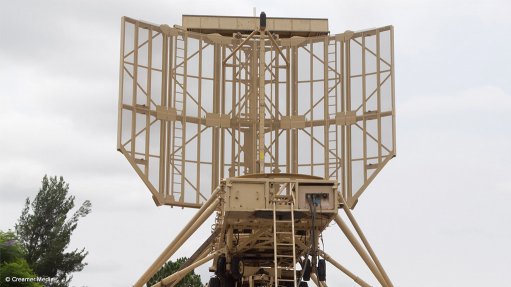
Photo by: Duane Daws
South Africa’s Council for Scientific and Industrial Research (CSIR) has agreed to set up a joint Centre of Excellence (CoE) for radar and sensor technology with the National Defence University of Malaysia (NDUM). The Memorandum of Agreement (MoA) covering this was signed by the two institutions on Wednesday.
Under the terms of the MoA the CSIR and NDUM will cooperate in research and development (R&D) for ten years. The new CoE will be situated in the Malaysian capital of Kuala Lumpur.
“The CSIR has a long track record in radar and optronic sensors and electronic warfare and looks forward to collaborating on a sustainable number of academic and joint research and development programmes,” observed CSIR Defence, Peace, Safety and Security interim executive director Laurens Cloete. “Ultimately, the objective of our collaboration with NDUM is to contribute to the development of Malaysia’s high-technology defence capabilities through skills and research facilities development, new intellectual property and the commercialisation of high potential technologies.”
“This collaboration will support national capability development in Malaysia, in the areas of radar and sensors, electronic warfare and network centric warfare through the platform of NDUM,” explained university Vice Chancellor General Tan Sri Dato Seri Panglima Haji Zulkifli bin Haji Zainal Abidin. “NDUM is honoured to work with the CSIR, which is internationally recognised as an R&D organisation with expertise in the fields of defence and security. We are confident that this strategic partnership will lead to other spin-offs in the defence and security sector.”
Regarding radar and sensors, the joint CoE will focus on synthetic aperture radar, research into beam-steering and active phased arrays, persistent wide area surveillance on land, at sea and in the air, imaging and related technologies, advanced search and track technologies and target identification. There will also be R&D in the areas of electronic warfare and network centric warfare.
The intitial focus will be on the setting up of the CoE, which will be led by a director and working committees. It is intended that it will be fully operational by 2016.
“We want it to be the seed around which a critical mass of R&D capability and high-level skills will be built,” affirmed Cloete. “International collaboration such as this demonstrates South African capability and benefits the local R&D community by ensuring we remain competitive on the international stage.”